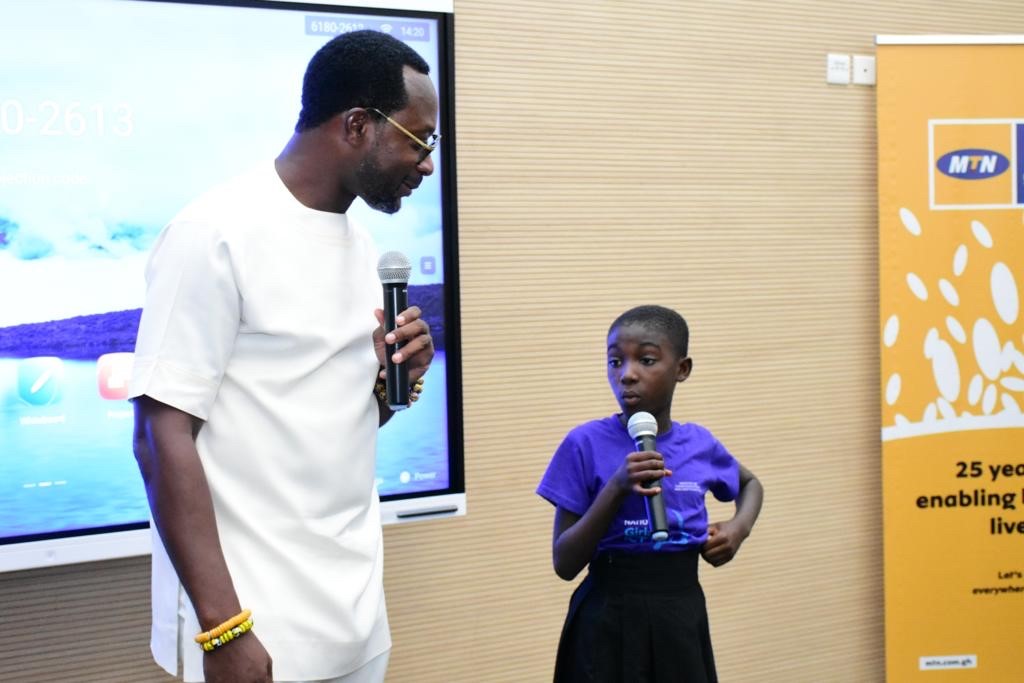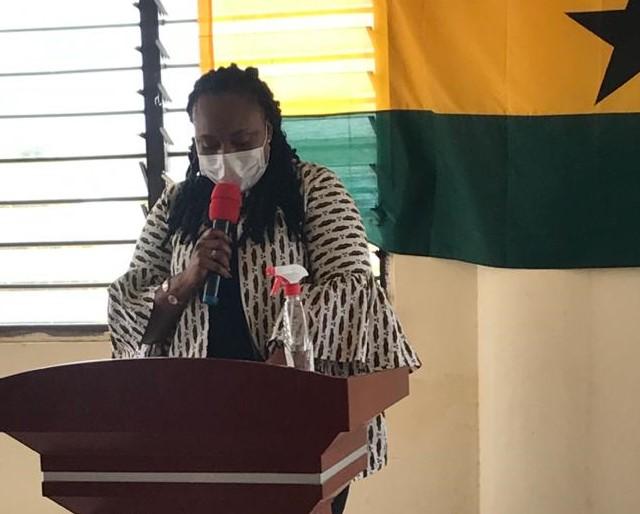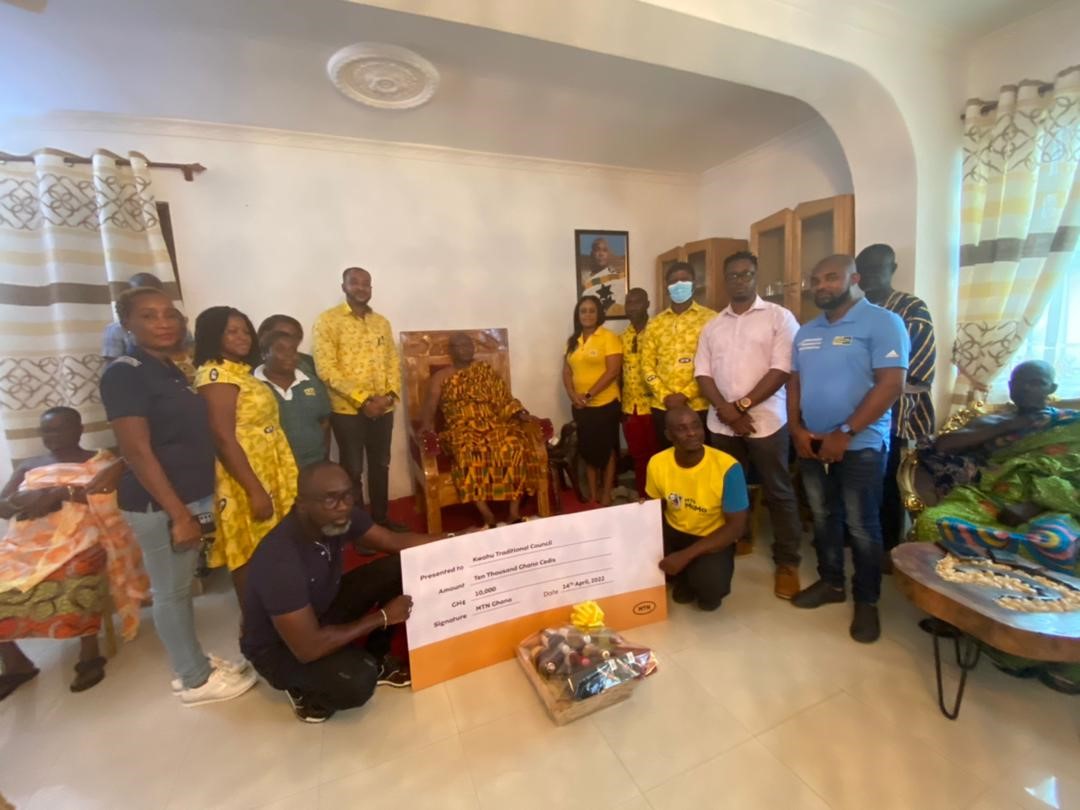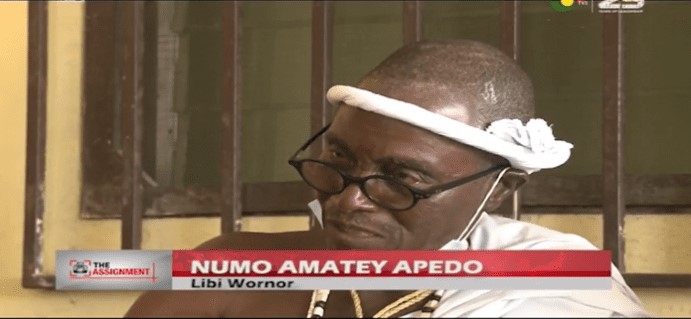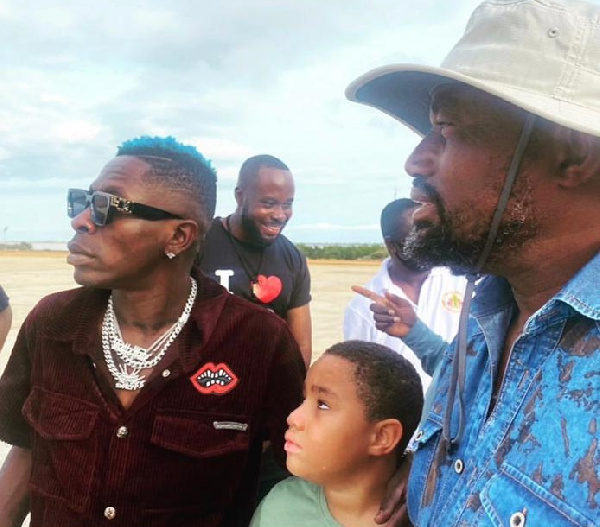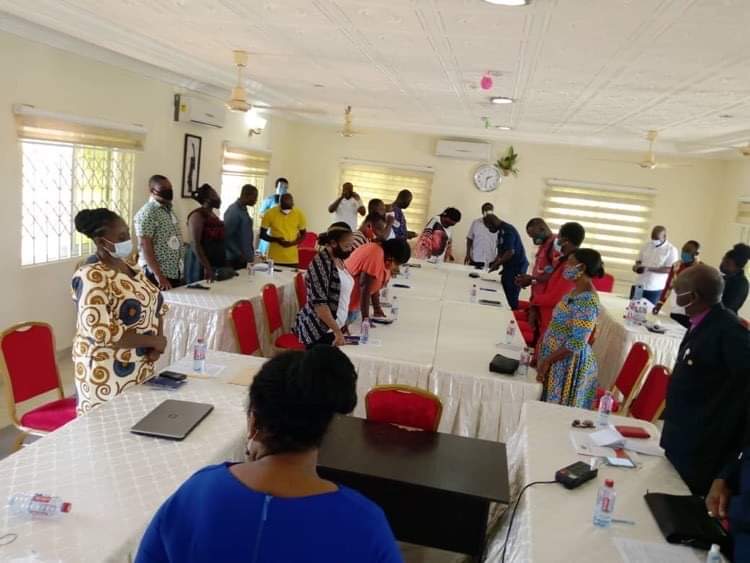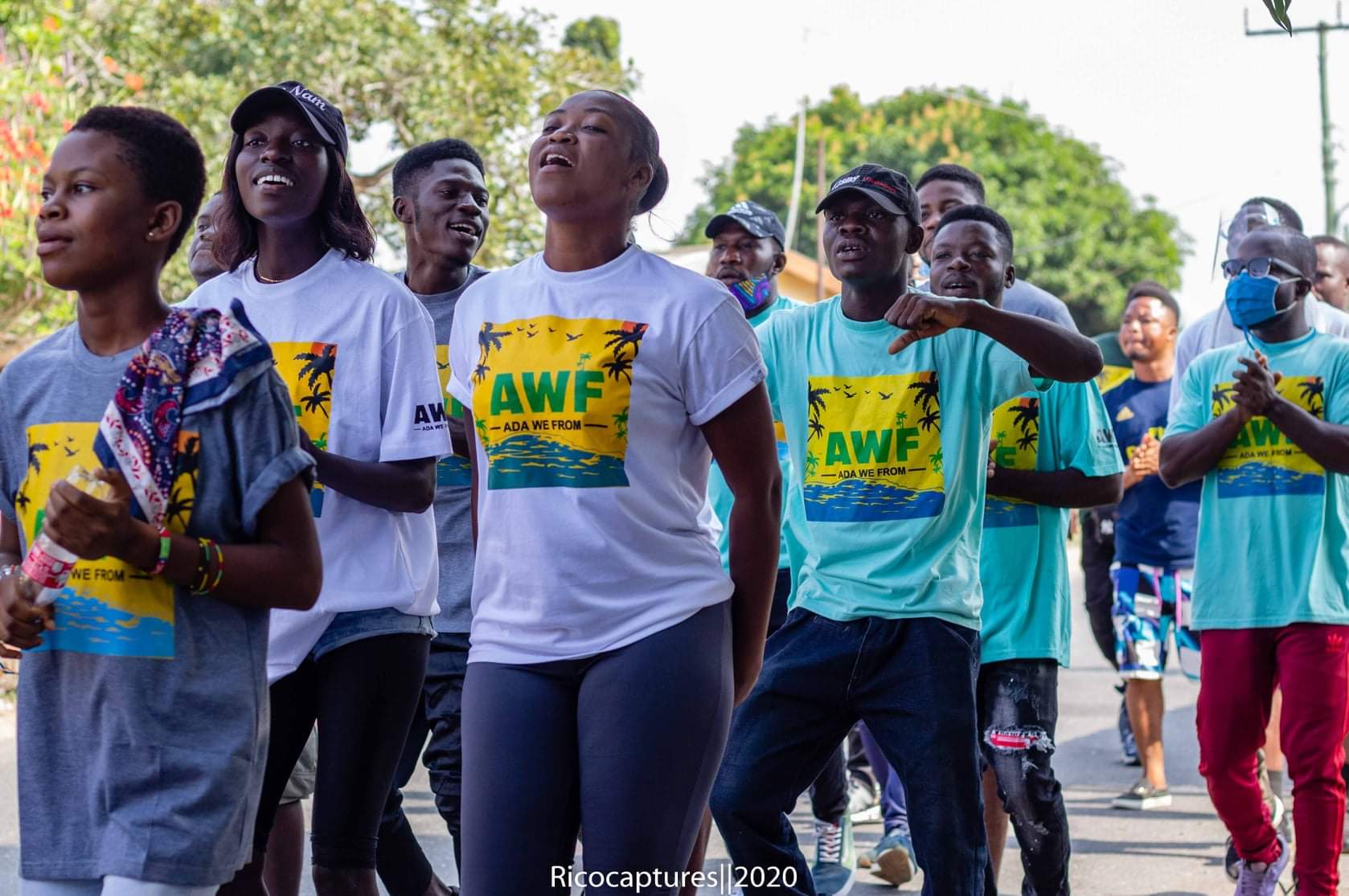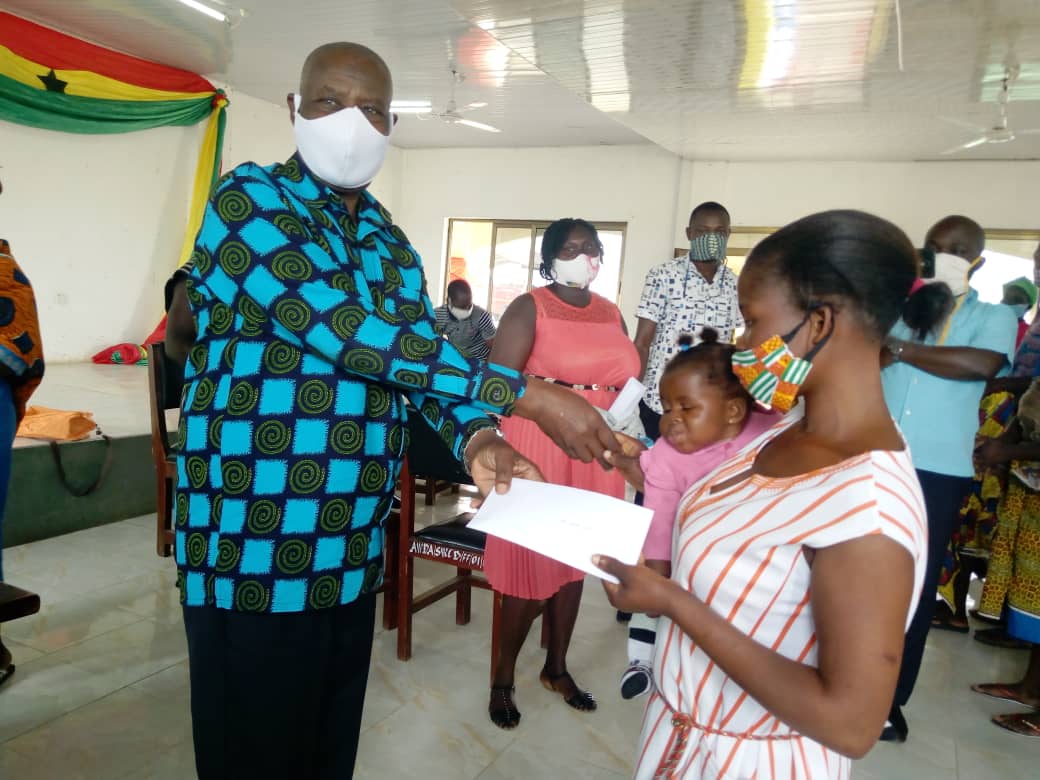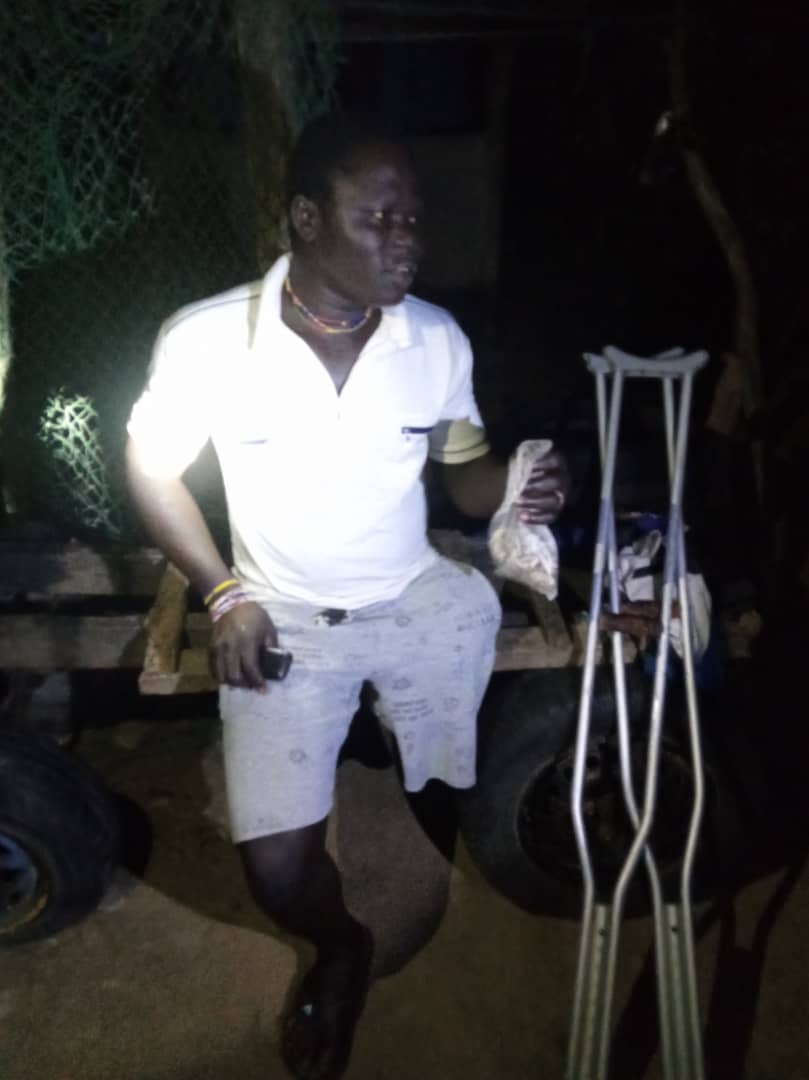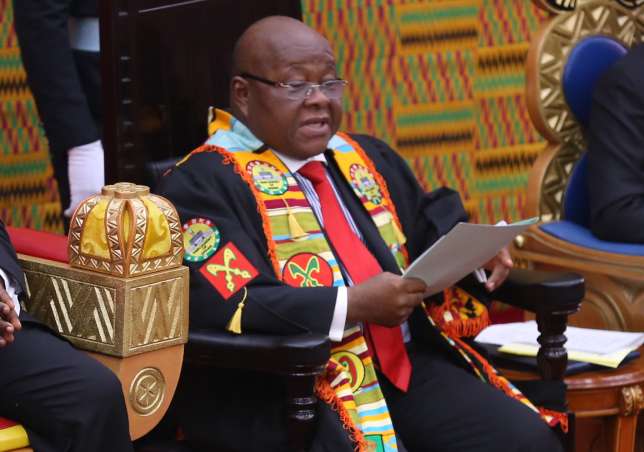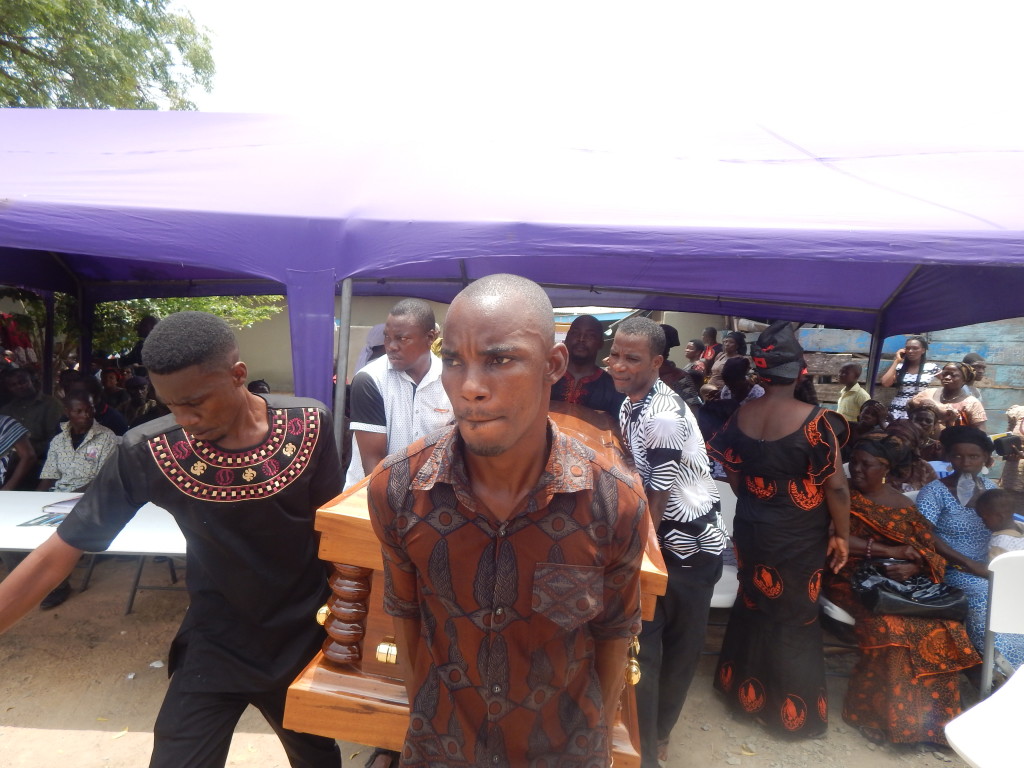
The late Madam Theresa Ofoe, popularly known all over Sege and beyond as ‘Oforinye’ was laid to rest over the weekend at the Ebenezer Presbyterian Church at Sege. She was 98 years old.
She was famously known for fixing broken legs of footballers and others who sustained various injuries through accidents around Sege and its environs. Aside the massaging and repairing of fractured bones, she was also renowned to be a strict disciplinarian and generous woman whose good gesture extended to neighbouring Togo and Nigeria.
But during the funeral, it was a tribute read by her grandchildren that sent sympathizers and mourners into tears and applause. The full excerpts follow below:
 “He that followeth after righteousness and kindness findeth life, righteousness, and honor” – Proverbs 21:21. KJV.
“He that followeth after righteousness and kindness findeth life, righteousness, and honor” – Proverbs 21:21. KJV.
Upon sober reflection, we found these words appropriate to describe this wonderful woman; LOVING, CARING, GOD-FEARING, DISCIPLINED , HUMANE; HARDWORKING; PROTECTIVE; AUTHORITATIVE; ACCOMMODATING; HONEST; HUMILITY; GENEROSITY; KINDNESS; FAIRNESS AND FORGIVENESS.
If one is looking for an explicit definition of these words all rolled into one, then you need not look any further, the result is YAYO, whose lifestyle epitomizes these virtues put together. It is sad to say that her remains is lying before us here today. Yayo, as we fondly called her, was everything one could ask for in a mother.
The name Yayo (Mother) was a name we grew up to meet, but we didn’t bother to know how it came about because we couldn’t have gotten a better name to refer to her. So when we called Yayo, her response was always Yayobi (Yayo’s child). Because she comfortably took the position of a mother to her grandchildren, most of us struggled to find suitable names for our biological mothers.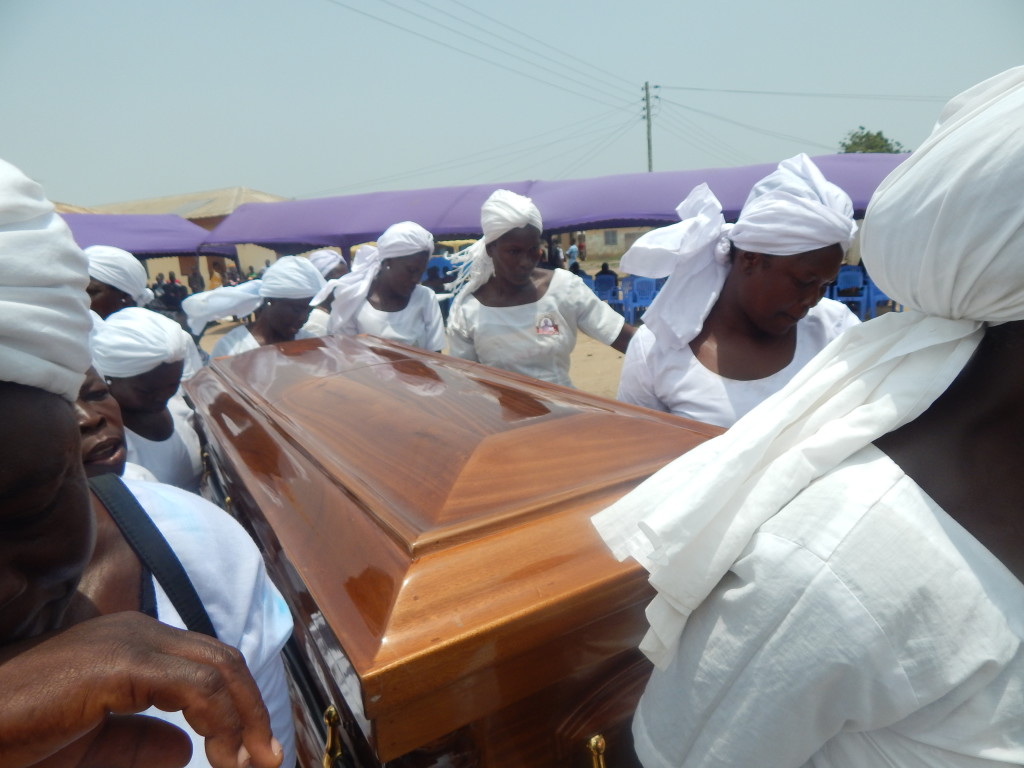
This therefore is the reason why you hear us referring to our mothers with names like Sister Akor or Paulimame, Nyengua, Awo and what have you. This was how she managed to overshadow them. Yayo, to most of us, was not our grandmother but mother. She did more than our own mothers could do, and no wonder some of us can look into the eyes of our own mothers and tell them “Yayo is better than you.”
She fed us when we were hungry; she protected us when we were vulnerable. She disciplined us when went wayward. She cared for us when we thought there was nobody for us. At a time when the commonest form of punishment for stubborn children was to deny them food, Yayo wouldn’t do that no matter our offenses. When we knock on Yayo’s door at midnight and our reason was food, we were sure she would fix our problem because in her own words “nyↄkle”, meaning night is long and one doesn’t need to spend it on empty stomach. In difficult times, Yayo always had food for us, but how she consistently managed to do that is still a mystery.
This fellow feeling was not limited to us the grandchildren only but was indiscriminately extended to friends who followed us home many times. She was the best cook we’ve known till today, because she could make great meals out of nothing. We can’t
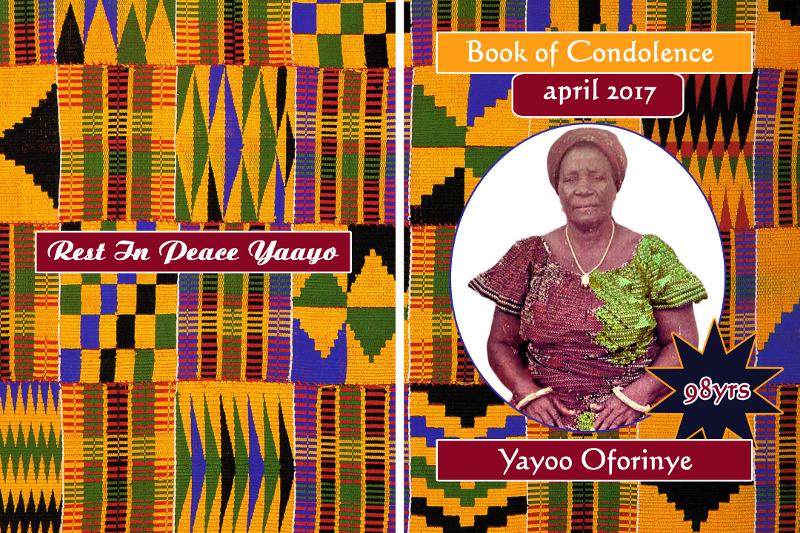
forget her cooking pot, its magnitude was always enough to take care of about fifteen people at a sitting. Anytime she was asked why such a big cooking pot, her answer was “noko li be ne nubuↄba too nↄ” literally meaning ‘you don’t know when a stranger unexpectedly comes’. She didn’t only care about those around but also those who were not.
Though she pampered us with food, we didn’t escape her strict rod of discipline whenever we went wrong. Aside her not sparing the rod on us, she used her tongue more to discipline us. Her tongue lashing alone was more than hundred strokes of the cane. Today people see us in town and ask “are you not from Oforitse’s house”? This, they always ask because they believe we are well behaved, and all the credit goes to Yayo. As a way to fully protect us, Yayo would not allow us to spend the night outside home. She will check the sleeping places of each one of us to be sure we were all safe and asleep before she went to bed. She would raise an alarm in case one of us wasn’t at his or her sleeping place. This made her the last to go to bed and the first to wake up in the morning.
She did not discipline us by only her knowledge but also by the ways and knowledge of God. She made sure we did not miss Sunday Church services. She would ensure and insist we get ready and she would lead us to Church every Sunday. Though Yayo had no formal education, she understood the relevance of it, and insisted we had it at all cost. She would just not allow us to sit at home during school hours. She literally dragged those who played truant severally to school when the need be. At a time when dropping out of school was rampant, she made sure we had 0% of school dropouts when she was still active.
Yayo had a unique way to teach us about life. She was a great user of proverbs and idioms; these have impacted and continue to affect our lives in various ways. Here are just a few from her collections; “Fↄlↄ we de bↄↄ” (the household of a coward 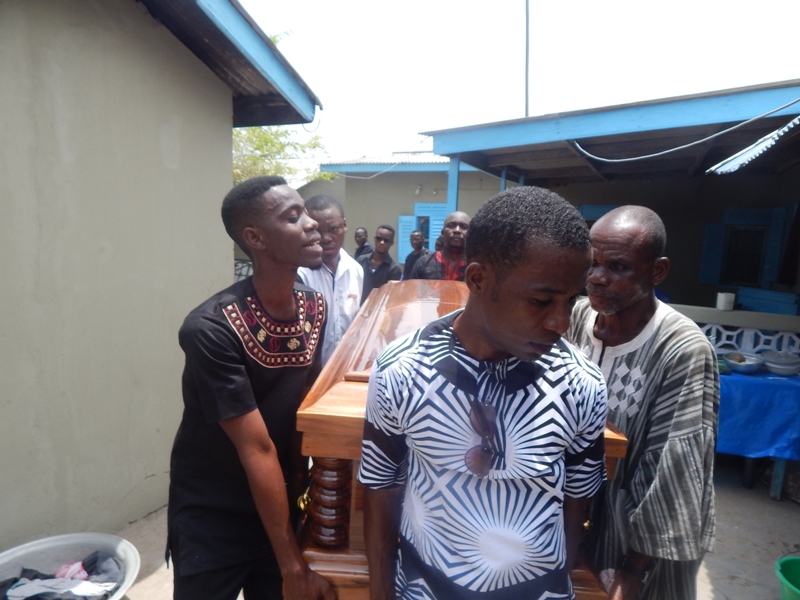 flourishes). This was her unique way to prevent us from trouble because she believed when you avoid trouble you won’t get into it. Another one is “Ke ots) noko) onane he jor s3 otsui he ju3 (When you send someone, your legs can rest but your heart cannot”). This is to encourage us to do things on our own and not to expect people do them for us. A third one is “Ke obi gba kԑ pue o tԑ nↄↄ akԑ ha hlu3 se de a tsu) meaning ‘when your child defecates on your laps, you don’t slice it with knife but you instead wipe it.’ This was her way to teach us to forgive no matter the severity of what someone did to you. Then this one, “De a baa jemi nԑ a hii” meaning the world is not ours, so we must borrow it and live in. This, she simply meant we should be humble.
flourishes). This was her unique way to prevent us from trouble because she believed when you avoid trouble you won’t get into it. Another one is “Ke ots) noko) onane he jor s3 otsui he ju3 (When you send someone, your legs can rest but your heart cannot”). This is to encourage us to do things on our own and not to expect people do them for us. A third one is “Ke obi gba kԑ pue o tԑ nↄↄ akԑ ha hlu3 se de a tsu) meaning ‘when your child defecates on your laps, you don’t slice it with knife but you instead wipe it.’ This was her way to teach us to forgive no matter the severity of what someone did to you. Then this one, “De a baa jemi nԑ a hii” meaning the world is not ours, so we must borrow it and live in. This, she simply meant we should be humble.
Yayo, these and many more you taught us and so long as they continue to guide our lives, the longer you will stay in our memory.
Yayo, you were not just our grandmother but also our mother and father. Our cries and mourning today is for the fact that we are going to miss you physically, and that, we don’t intend to prolong. But what we actually intend to do is to celebrate you so long as we can, not only for your kindness and goodness, but most importantly for the legacy you left for us. A legacy not in stationary objects, but one that lives in us, and will continue to impact on us and other generations to come. So Yayo, since time will not allow us to recount all you did for us at this gathering, we intend to make you a promise. A promise to write a book in your honour, a book with the title ” YAYO THE UNSUNG HEROINE” that will highlight all the good things you did for us and the rest of your immediate world. People refer to Kwame Nkrumah, Yaa Asantewaa and others as their heroes and heroines, but the only heroine we know is you and will continue to be you even as you take this physical exit from earth.
Yayo, we couldn’t have asked for more because you gave us more than enough.You have paid all your dues. thus we say Ayekoo. Today, we shall be saying goodbye, but we know goodbyes are not forever, they are not the end. They simply mean we’ll miss you until we meet again someday. So until we meet again on that glorious day, we say fare thee well our HEROINE. YAYO WE WISH YOU AN EVERLASTING PEACEFUL REST. YOU’LL FOREVER REMAIN IN OUR HEARTS.


